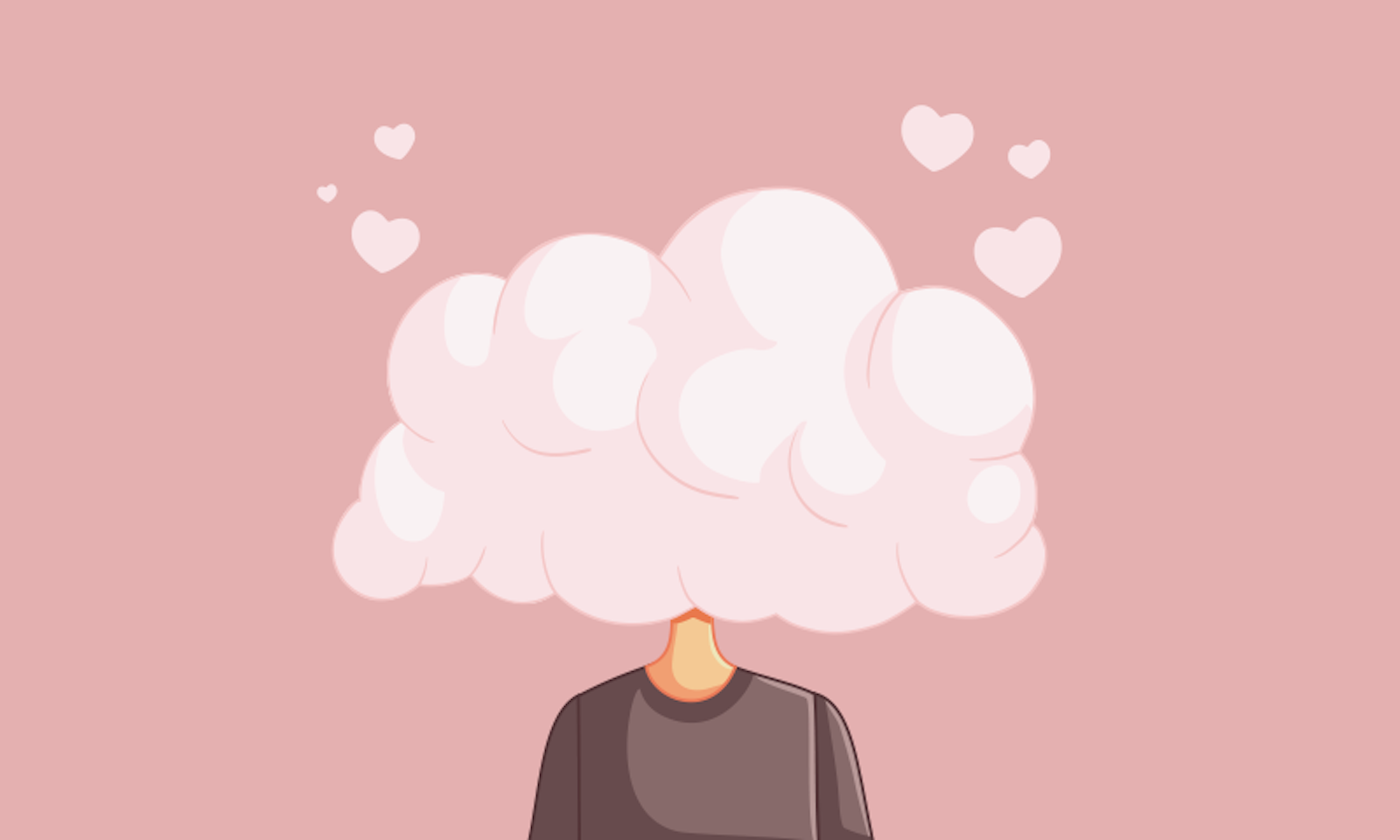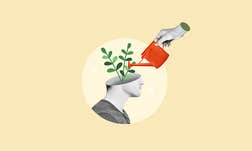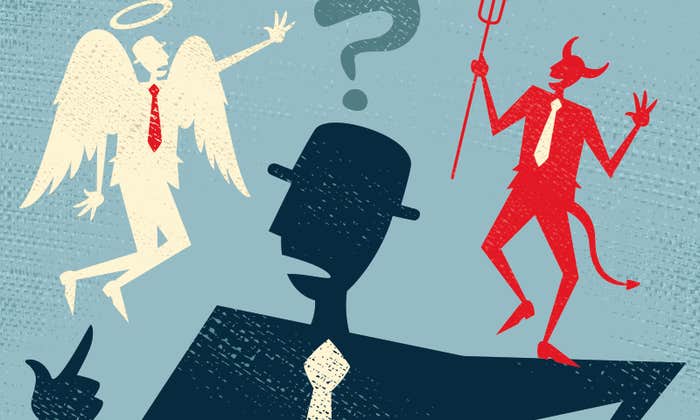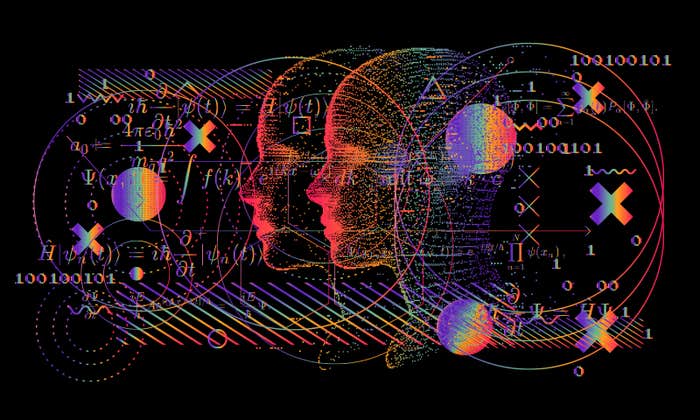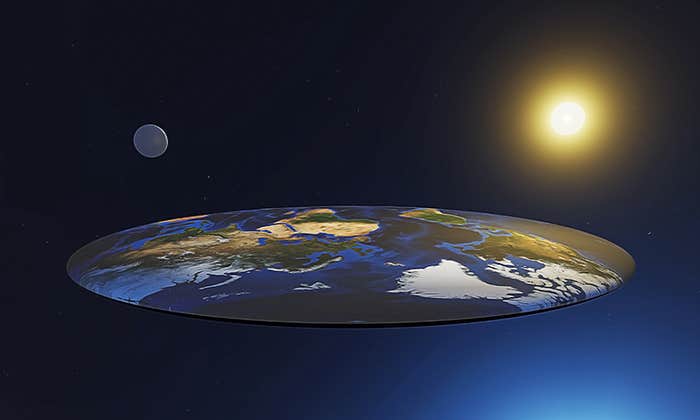One question for Anna Machin, an evolutionary anthropologist at Oxford University, where she conducts research on the neurobiology and psychology of human relationships, particularly romantic and parent-child relationships.

What does love do to us?
The reason love evolved was to motivate and reward us for taking part in relationships, critical to our survival. That goes for our reproductive partners, children, and extending to our friends. Humans are highly cooperative because we have to be. A species will be solitary unless it absolutely has to cooperate with somebody else. And that’s fine, except it’s incredibly stressful. You have to spend a hell of a lot of time monitoring everybody else’s behavior, making sure you’re spotting those people who are trying to cheat you or steal from you.
And the way evolution made sure we cooperate was to come up with chemical bribery. At the basis of love are four neurochemicals. Each has a different role but together they motivate us or give us confidence to go into social relationships. Ultimately, we get addicted to those chemicals. We get this hit of joy, of euphoria, of reward when we interact with the people important to our survival. It’s biological bribery. It’s like if I give my kids a sweet because they’ve done something good, which is bad parenting, but it works.
This form of bribery is controlling us to make sure we do that. It’s a benign control. For most people, most of the time, the experience is lovely and warming and beneficial in terms of health. Unfortunately, our biology to seek love, crave love, find love, keep love, is a weakness. That visceral need can be exploited, it can be used to make us do things we don’t necessarily want to do. And that’s the cost of love. It can be used to manipulate or abuse or coerce us. That’s what separates us from the animals. Animals don’t use love to manipulate others. We do.
What happens when you fall in love for the first time is the activation of various areas of the limbic system and the neocortex. But we also see deactivations. These deactivations occur mainly in the brain area linked to “mentalizing.” Mentalizing is the ability to tell someone’s intentions, and you need to be good at mentalizing to spot a liar or a cheat. To be able to tell if somebody is lying, you need to be good at understanding what their motivation is. But what happens when you fall in love for the first time is that bit shuts down. It just decides it’s not going to work anymore. For that reason, your friends can see this person is not necessarily good for you, that maybe they’re going to cheat on you or they’re lying to you, but you cannot see it.
Why would that have evolved? Why would that be something that was retained? Is it something to do with the same way that oxytocin lowers your inhibitions? Maybe it’s to remove some of the hurdles that you might place in your own way when you’re going to try and start a relationship. If you were constantly paranoid that everybody’s going to cheat on you or steal from you or lie to you, the species wouldn’t get very far. So maybe we have to remove that ability so that we have confidence and enough belief in the person that we fall in love with that we will carry on doing this. We see the same deactivation occurring when people listen to a charismatic religious leader. ![]()
Lead image: Nicoleta Ionescu / Shutterstock
This One Question Interview was adapted from “Love Is Biological Bribery,” which was originally published in February 2022.















